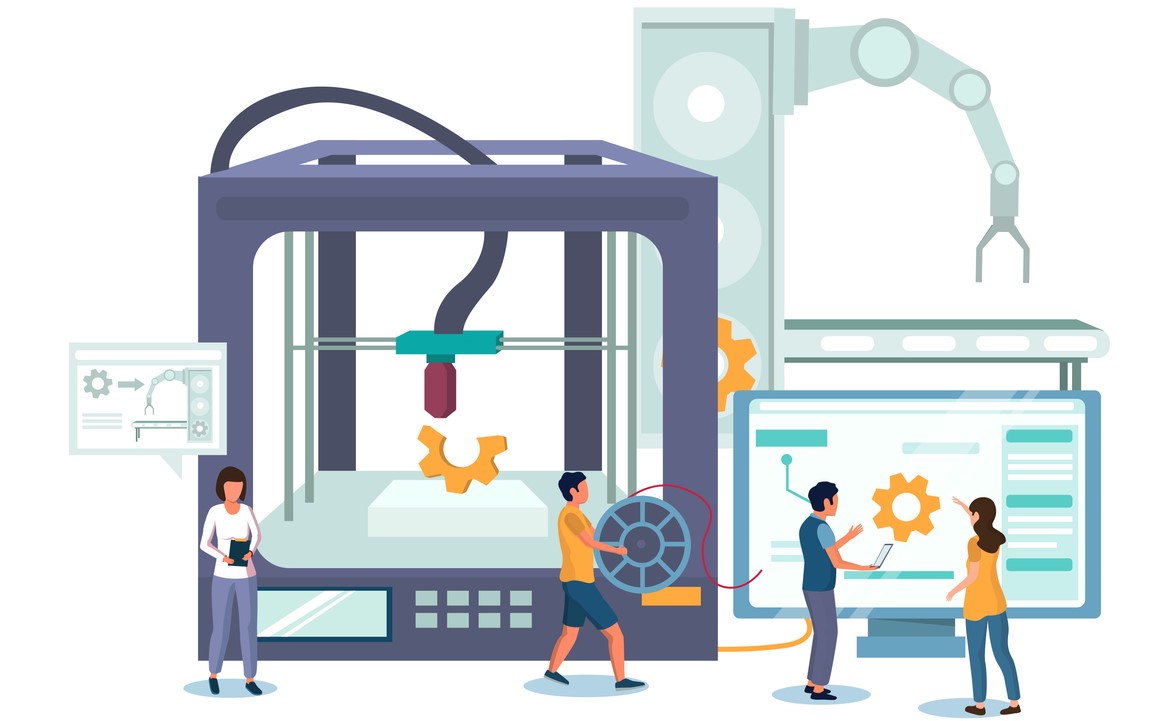There is a lot happening at Canada’s polytechnics. Our blog offers perspectives on the exciting work underway on campuses and in Ottawa. Do you have a polytechnic story to tell? Share it with us!
Green educational infrastructure: A building block for just transition
It is no longer necessary to expound on the importance of taking action to address climate change. Canada’s federal government and every major political party have committed to addressing the problem. There is widespread support among Canadians and, indeed, our global counterparts. Increasingly, we are seeing larger emitters – companies, sectors, provinces – committing to a greener future. What remains are the specifics of a just transition.
Read More > “Green educational infrastructure: A building block for just transition”








